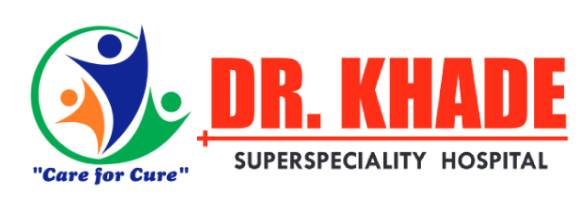Cold weather can affect your heart, especially if you have heart-related problems when cold temperatures get high, It may impact coronary artery disease or cardiovascular disease. It is the biggest challenge for heart patients to stay safe and healthy in cold weather.
Why are Cold Temperatures Are Tough on the Heart?
Being in a cold climate causes our bodies to make certain physiological adjustments to keep our core body temperatures. These regular adjustments can present a challenge to people with heart disease. Rest of other things, cold temperatures cause:
- Your heart rate to increase.
- Your blood pressure increase.
- Your heart to work substantially harder.
- An increase in the tendency for blood clotting.
6 Tips to Manage Heart Attack in the Cold Weather
Heart attacks are most common in the winter season, a decrease in temperature can affect your health, especially your heart. The cold causes blood vessels to raise blood pressure, raising the risk of heart attack and stroke. Similarly, your heart has to work extra hard to manage a healthful body temperature, and winter wind can make this even more difficult because it causes the body to lose heat faster. If your body temperature decreases below 95 degrees, hypothermia can harm the heart muscles. There are 6 tips to manage heart attack in the cold weather which may help you:
- Dress for the weather: If you go outside, limit the time you spend out in the cold weather, dress warmly, in several layers, cover your head and hands, and wear warm socks and shoes.
- Get a flu shot: Winter also raises your chances of getting the flu due to low humidity carried on by cold weather and indoor heating. The flu is potentially harmful to anyone with heart disease. Get a flu shot. If you feel yourself growing symptoms of flu, consult with your doctor or healthcare provider before drugging yourself.
- Avoid alcohol: Alcohol can cause you to feel warmer than you drawing heat away from your vital organs. It raises blood vessels in the skin can be extremely dangerous when you’re outside in the cold
- Don’t let yourself become overheated: Clothing warmly then engaging in physical movement can lead to overheating. If you have heart disease, consider this sweating to be a harmful sign. Stop what you are doing and get indoors.
- Wash your hands frequently: Respiratory infections can increase the risk of a heart attack.
- Get helps and schedule a health check-up: If you have new symptoms or signs of a heart condition, don’t wait to get help, even if it’s a vacation. Everybody should experience a regular cardiac check-up even if there is no previous history of cardiovascular diseases.
Signs and Symptoms of Heart Attack
Commonly, we know the warning signs of heart attack-chest pain, arm and neck pain, shortness of breath, nausea, and fainting. If you are experiencing these types of symptoms for both men and women then stop immediately and seek emergency medical help.
Need Heart Care Treatment?
If you are looking for a cardiologist or heart treatment in Chakan? Dr. Khade Superspeciality Hospital is one of the best heart care centers in Chakan, Pune. A cardiologist team can carry out tests for a heart murmur or an irregular heart beating also providing all medical facilities under one roof such as diagnostic, cardiac surgery, and treatment options for people suffering heart attacks or any type of cardiovascular disease.


